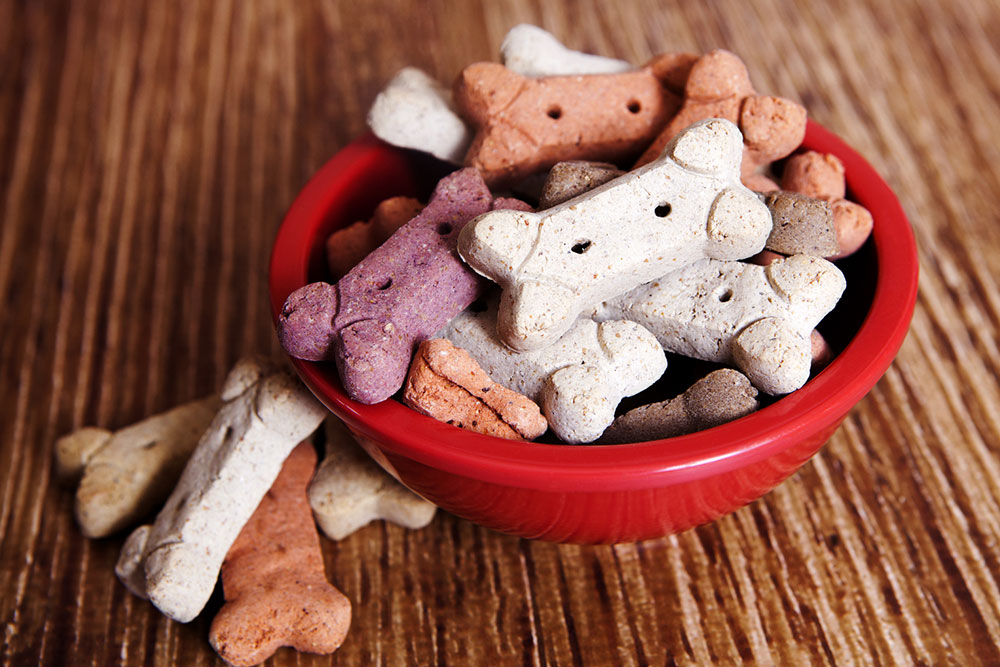Comprehensive Guide to Choosing the Best Dog Food for Your Pet
Discover the complete guide to selecting the best dog food, tailored to your pet’s age, breed, and health needs. Learn how to read ingredients, consider nutritional requirements, and seek veterinary advice to ensure your dog’s optimal well-being and vitality. Making the right dietary choices promotes long-term health and happiness for your furry friend.

Comprehensive Guide to Choosing the Best Dog Food for Your Pet
Essential considerations when selecting the most suitable dog food for your furry friend
Choosing the right dog food is a vital decision that directly impacts your pet’s health, vitality, and overall well-being. With myriad options available—from dry kibble to wet canned food, and from grain-free to high-protein varieties—making an informed decision can seem daunting. It’s important to understand your dog’s specific dietary needs, which are influenced by age, breed, health status, activity level, and personal preferences. The quality of ingredients and proper nutrition play a crucial role in ensuring your dog’s longevity and quality of life.
Understanding your dog’s unique nutritional profile Each dog is unique. While many basic nutritional needs are shared across breeds and ages, individual differences require tailored diets. For example, a playful Labrador retriever with high energy demands will require a different nutritional profile compared to a more sedentary pug. Puppies, adult dogs, and senior dogs all have distinct dietary needs; growth and maintenance, as well as health considerations such as allergies or chronic conditions, must be taken into account. As a responsible pet owner, recognizing these differences ensures you provide optimal nourishment.
Large breeds often require higher caloric intake and specific nutrients such as glucosamine for joint health, while small breeds may need nutrient-dense food due to their rapid metabolism. Dogs with allergies or sensitivities might need hypoallergenic or limited-ingredient diets. Active dogs involved in regular exercise or sports require more protein and energy, whereas less active dogs need fewer calories to maintain a healthy weight. Age and health status can also dictate special dietary requirements, occasionally necessitating veterinarian-prescribed diets to address health issues or special nutritional deficiencies.
Inspecting ingredient lists carefully Every dog owner should become familiar with reading the ingredient label on pet food products. While ingredient lists do not delineate exact quantities, they provide vital insight into what goes into your dog’s meals. For those committed to providing premium nutrition, understanding the sources of protein, carbohydrate content, fiber, and added vitamins is essential. Dogs, being primarily carnivores, thrive on meat-based proteins; however, balanced diets also incorporate grains, vegetables, and fruits to provide necessary nutrients, antioxidants, and dietary fiber.
When evaluating dog foods, look for high-quality sources such as real meat (chicken, beef, fish), whole grains, and natural fillers. Avoid products with ambiguous or artificial ingredients, excessive fillers, and by-products. An ingredient list that emphasizes meat as the first component generally indicates a higher-quality product. Additionally, consider additional supplements like omega fatty acids or probiotics if recommended by your veterinarian, especially for dogs with specific health needs.
The importance of consulting a veterinarian When selecting the best diet for your dog, veterinary guidance is invaluable. Professional advice can help you navigate the wide array of options, ensuring your pet receives balanced nutrition tailored to their unique health profile. Veterinarians also assist in identifying any underlying health issues or allergies that may influence dietary choices. Regular veterinary visits and discussions about your dog’s diet help in making adjustments and preventing nutritional deficiencies or excesses.
While your own observations—such as appetite, stool consistency, and energy levels—are important, a veterinarian’s expertise assures that your dog’s dietary needs are fully met. Remember that dogs are adaptable to a variety of diets, but the goal is to find the best fit that promotes health, longevity, and happiness.
In conclusion, choosing the right dog food involves understanding your pet’s specific requirements, scrutinizing ingredient lists, and consulting professionals. When done correctly, your dog’s diet will support their overall health, immune function, and vitality, leading to a happier, healthier life together.





